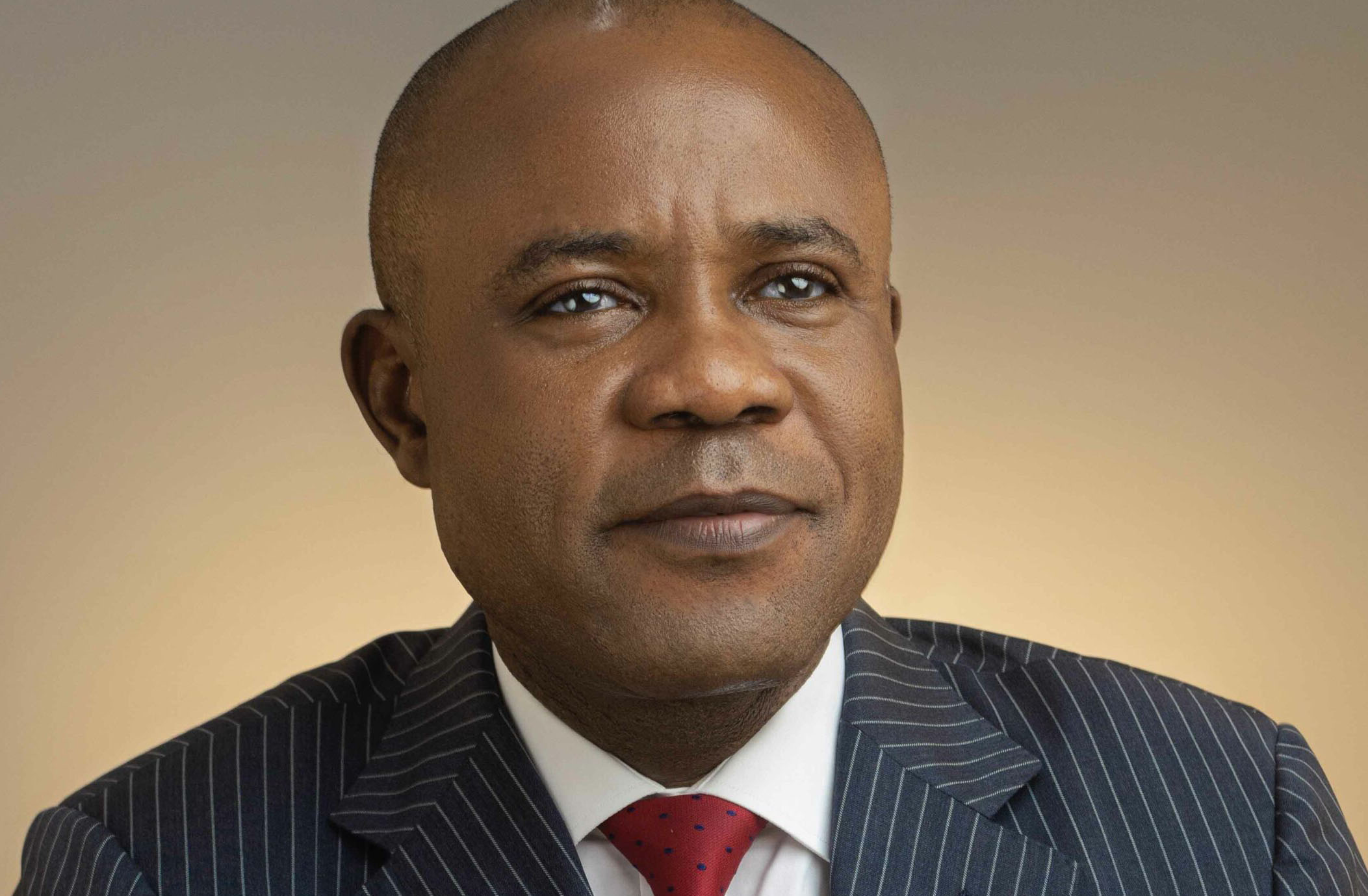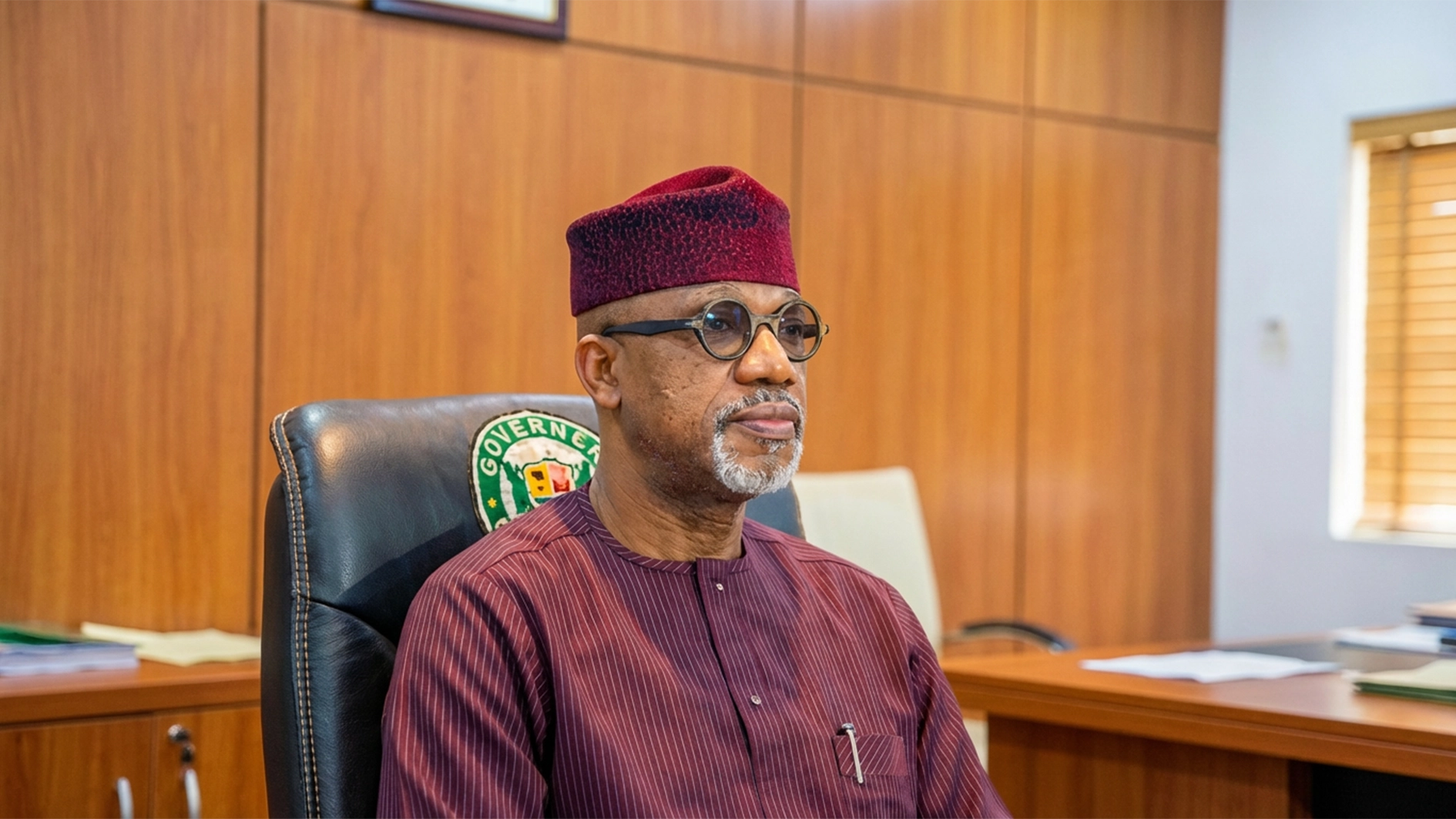Stakeholders advocate competencies to bridge skills gap
Executive Director of the Planned Parenthood Federation of Nigeria (PPFN), Dr Okai Haruna Aku, has called on the Federal Government to integrate Comprehensive Life-Skills and Health Education (CLHE) into the national school curriculum.
Aku emphasised that it is vital for shaping the attitudes and health behaviours of young Nigerians, particularly in matters relating to sexual and reproductive health and rightssexual and reproductive health and rights (SRHR).
He made the call at the graduation ceremony for students who successfully completed the CLHE modules under PPFN’s intervention in selected schools across the Federal Capital Territory (FCT).
The programme, which empowers adolescents with accurate information on their bodies, relationships, and decision-making, aims to reduce gender-based violence, teenage pregnancy, and misinformation about reproductive health.
“We are calling on the Federal Government to take this comprehensive life and health education seriously and put it in the school curriculum.
“It will improve the way our children, youths, and adolescents behave in terms of sexual and reproductive health and rights. Sexual reproductive health is also a human rights issue,” Aku said.
He added that while subjects such as biology already touch on related topics, CLHE offers a deeper understanding of personal health, self-awareness, and responsible decision-making.
Responding to questions about the Senate’s recent decision to strike out the clause on safe termination of pregnancy from the Criminal Code Amendment Bill, Aku expressed deep concern, describing it as a setback for women’s health and rights in Nigeria.
“The danger is simple, more women are going to die,” he lamented. Aku pledged that the PPFN would continue its advocacy through evidence-based and value-based messaging that respects cultural and religious sensitivities while promoting understanding and acceptance of reproductive health education.
MEANWHILE, employers of labour, human resources specialists, and tech experts have called on job seekers to develop their tech skills and effective communication, among others, to overcome evolving workplace challenges.
At the “Level Up” Career Acceleration Summit (CAS) and the official launch of the book “Help Me Level Up” in Abuja, experts noted that Nigeria’s struggle to fill key job vacancies is due to a skills gap among job seekers.
The summit, organised by CadSync Consults in partnership with the Federal Inland Revenue Service (FIRS), aims to address what its convener calls ‘a pervasive issue’ where employers search for months for the right candidates with crucial, non-academic competencies.
Convener and CEO of CadSync Consults, Afolake Agumbiade, stated that despite the “popular opinion that there are no jobs in Nigeria, her firm had discovered the contrary. She said: “We have clients that sometimes look for one role, whether at senior level, mid-level, or junior level roles, for as much as three months, because they’re not finding the right candidates.”
Agumbiade explained that employers are looking for skills “beyond your certificate,” focusing instead on multitasking, negotiation, decision-making, critical thinking, and communication skills, qualities she insists are “not taught in school.”
She identified the three most critical skills currently lacking in the Nigerian workforce to include storytelling (Effective Communication), critical thinking, and tech skills.
Agumbiade, who is also a human resource professional, insisted that “As little as communication is, there’s an assumption that because you speak English, you can communicate. But that’s an error.”
“Nigerians struggle with thinking. You’ll find people who should have ethics, values, and should project themselves in the right way, doing contrary to that because they do not put a thought into what the alternatives are that will better their own journey,” she noted.






